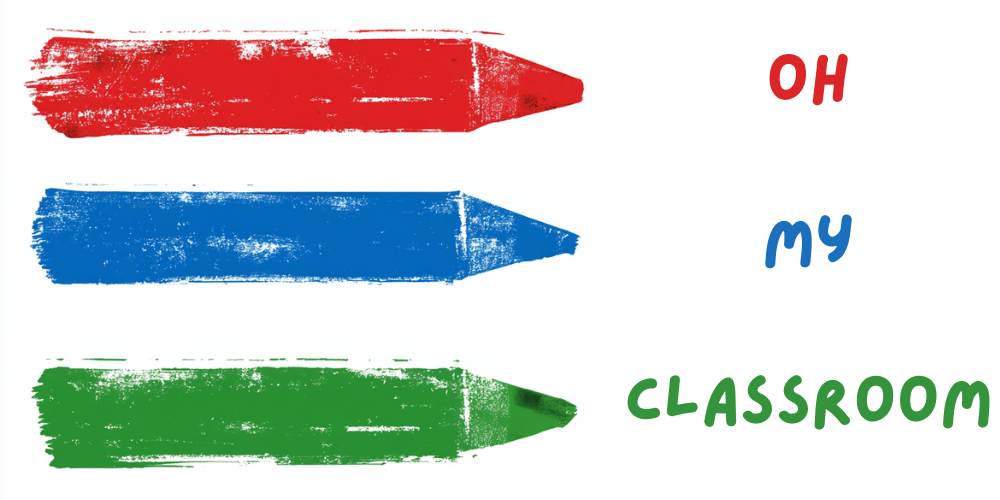Sharing activities not only fosters essential social skills but also promotes empathy, patience, and teamwork.
By engaging in enjoyable and interactive sharing experiences, preschoolers learn how to take turns, collaborate, and develop positive relationships with their peers.
Hence, we have compiled a list of Sharing Activities for Preschoolers.
Sensory Bin Exploration:
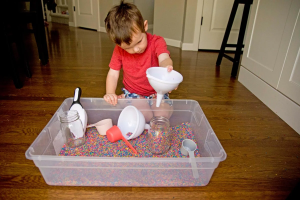
Create a sensory bin filled with colorful materials like rice, beans, or water beads. Divide the children into small groups and provide them with tools like scoops, cups, and spoons. Encourage the children to take turns exploring the sensory bin, sharing the tools, and discussing what they discover.
Friendship Collage:
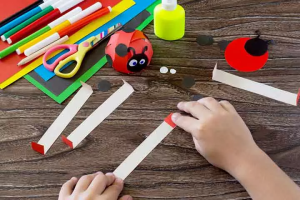
Give each child a piece of construction paper and a variety of craft materials like cut-out shapes, stickers, and colored pencils. Ask them to create a friendship collage by sharing their materials with their peers. Encourage them to discuss why they chose specific elements for their collages and how they can work together to create a beautiful piece of artwork.
Related: 25 Vocabulary Activities for Kindergarten & 1st Grade
Group Building Blocks:
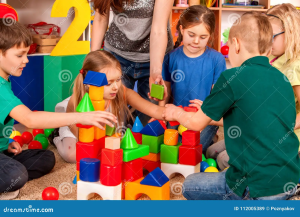
Provide a set of building blocks to a small group of children. Encourage them to work together to construct a tower or a structure. Emphasize the importance of sharing the blocks, taking turns, and listening to each other’s ideas.
Musical Instrument Jam Session:

Gather a variety of musical instruments like drums, shakers, and tambourines. Invite the children to sit in a circle and take turns selecting an instrument to play. Encourage them to share the instruments with their friends, showcasing their creativity and rhythmic skills.
Related: 20 Best Circus Activities for Preschoolers
Snack Potluck:
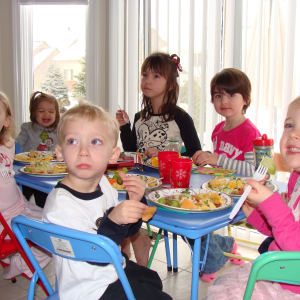
Organize a snack potluck where each child brings a favorite snack from home to share with the group. Encourage them to take turns presenting their snacks and explain why they enjoy them. Then, distribute the snacks evenly among the children, promoting equal sharing and gratitude.
Puppet Theater:
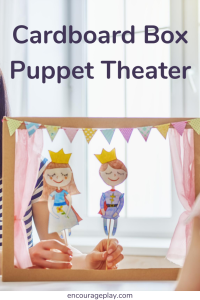
Create a small puppet theater using a cardboard box and colorful fabric. Provide a variety of puppets and encourage children to take turns putting on a puppet show. They can share roles, exchange puppets, and collaborate on storytelling.
Cooperative Artwork:
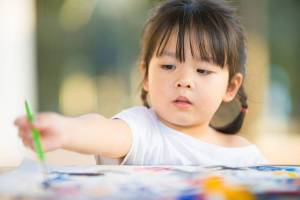
Give each child a large sheet of paper and a selection of art supplies like markers, crayons, and stickers. Ask them to work together to create a collaborative artwork by sharing materials and contributing to the masterpiece. Encourage discussions about what they are creating and how they can support each other.
Nature Sharing Hunt:

Take the children on a nature walk and provide them with small baskets or bags. Ask them to collect natural items like leaves, pinecones, or rocks, and encourage them to share their findings with each other.
Group Puzzles:
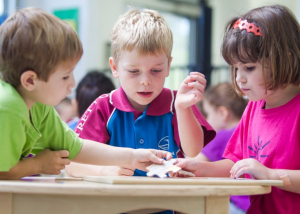
Choose a few age-appropriate puzzles and have the children work together to solve them. Encourage them to take turns selecting pieces, collaborating on finding matches, and celebrating their joint accomplishments.
Cooperative Obstacle Course:

Set up an obstacle course using mats, cones, and tunnels. Divide the children into pairs and ask them to navigate the course together, sharing equipment and helping each other along the way.
Recipe Creation:
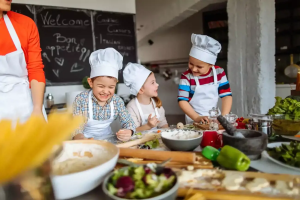
Divide the children into small groups and provide them with a variety of play food and kitchen utensils. Encourage them to work together to create unique recipes by sharing ingredients and taking turns adding items to their imaginary dishes.
Sharing Dance Party:
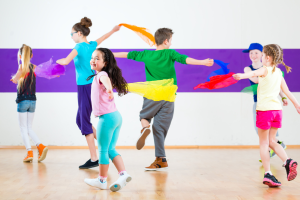
Create a dance party atmosphere by playing lively music and providing scarves, ribbons, or dance props. Encourage the children to share the props and take turns dancing in the spotlight. They can also engage in partner dances, where they learn to share the lead and follow each other’s movements.
Community Service Project:
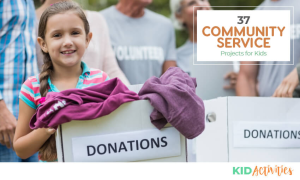
Engage the children in a simple community service project, such as making cards for seniors or assembling care packages for a local shelter. Encourage them to work together, sharing materials, ideas, and tasks.
Nature Swap:

Invite children to bring items from nature, such as shells, acorns, or interesting rocks. Organize a nature swap where each child gets a turn to present their item and trade it with another child’s item.
Cooperative Playdough Sculptures:
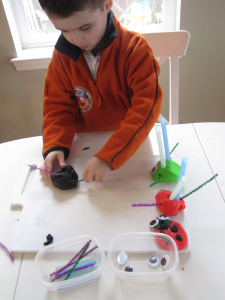
Provide a large quantity of playdough and invite the children to work together to create a collaborative sculpture. Encourage them to share the playdough, take turns adding to the sculpture, and discuss their creative ideas.
Memory Game:
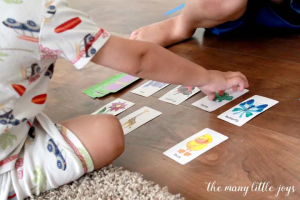
Create a memory game by making pairs of matching picture cards. Divide the cards among the children and have them take turns flipping two cards at a time, aiming to find matching pairs. Encourage them to share the cards with their peers and help each other remember the positions of the cards.
Group Mural:

Provide a large sheet of paper or a mural board and a variety of art supplies like paint, brushes, and sponges. Encourage the children to work together to create a collaborative mural by sharing materials, taking turns, and contributing to the artwork. They can discuss ideas, add elements to the mural, and appreciate each other’s creative input.
Cooperative Building:
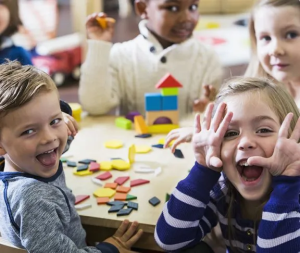
Give the children a set of building blocks or construction toys and encourage them to work together to build a structure. Emphasize the importance of sharing the blocks, taking turns, and listening to each other’s ideas.
Group Gardening:

Allocate a small garden plot or a few pots and gardening tools for the children. Guide them in planting and caring for seeds or seedlings. Encourage them to share the tools, take turns watering and tending to the plants, and discuss the importance of sharing responsibilities.
Puppet Storytelling Circle:
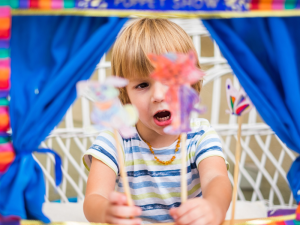
Provide a collection of puppets and gather the children in a circle. Each child can take turns choosing a puppet and telling a story using the puppet as a character. Encourage them to share the puppets, listen attentively to each other’s stories, and appreciate the creativity of their peers.
